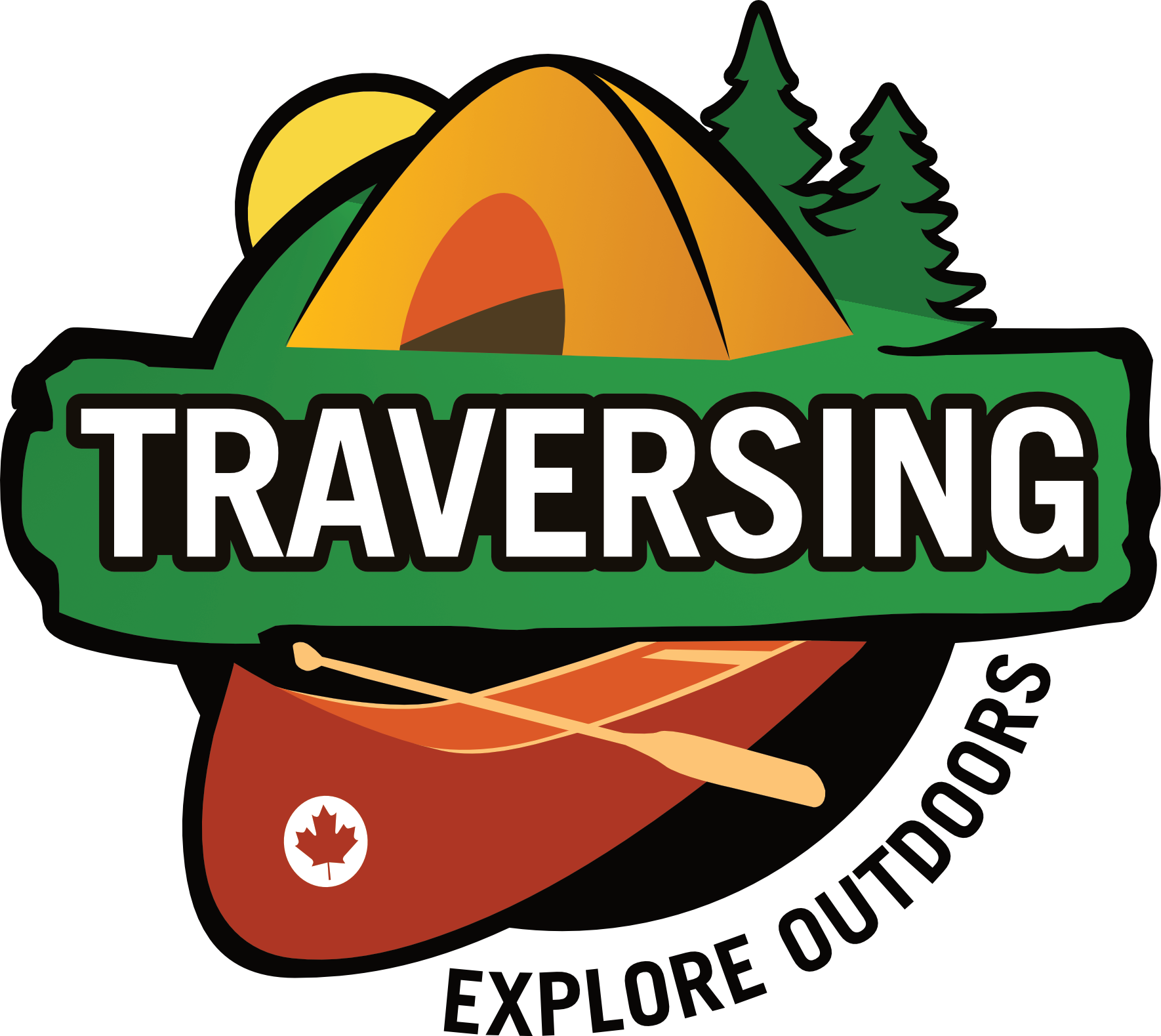Harper Government Has Formally Protected Ukkusiksalik National Park
Earlier this week the Honourable Leona Aglukkaq, Minister of the Environment and Minister Responsible for Parks Canada announced that the Government of Canada has taken the final step to create and protect Ukkusiksalik National Park of Canada by enshrining it in the Canada National Parks Act through an Order-in-Council.
“Our Government is committed to ensuring our natural heritage and rich biodiversity is protected for all Canadians today and into the future. Canada’s North is home to the world’s most spectacular scenery and pristine wilderness and I’m tremendously pleased to be announcing Ukkusiksalik will be protected for future generations. This final step, that supports our Government’s National Conservation Plan, marks the completion of years of hard work and dedication of many Northerners.”
- Ukkusiksalik National Park surrounds Wager Bay in Nunavut. It contains an impressive variety of land forms including eskers, mudflats, cliffs, rolling tundra banks and unique coastal regions.
- Named Ukkusiksalik, after the soapstone found within its boundaries, the 20,880 km2 park is home to caribou, muskox, wolf, polar bear, barren-ground grizzly bear, and arctic hare, as well as golden eagles, peregrine falcons and other species.
- The Harper Government has added an area nearly twice the size of Vancouver Island to the network of federal protected areas, including: a six-fold expansion of the Nahanni National Park Reserve in the Northwest Territories, the world’s first protected area extending from the mountain tops to the sea floor (Gwaii Haanas National Marine Conservation Area Reserve and Haida Heritage Site); and the world’s largest freshwater protected area (Lake Superior National Marine Conservation Area).
- Northern national parks and national historic sites are key natural, cultural, recreational and tourism assets and provide the setting for culture or nature-based tourism activities, science/research, and conservation as well as for the continuation of traditional activities.
Evan Holt




